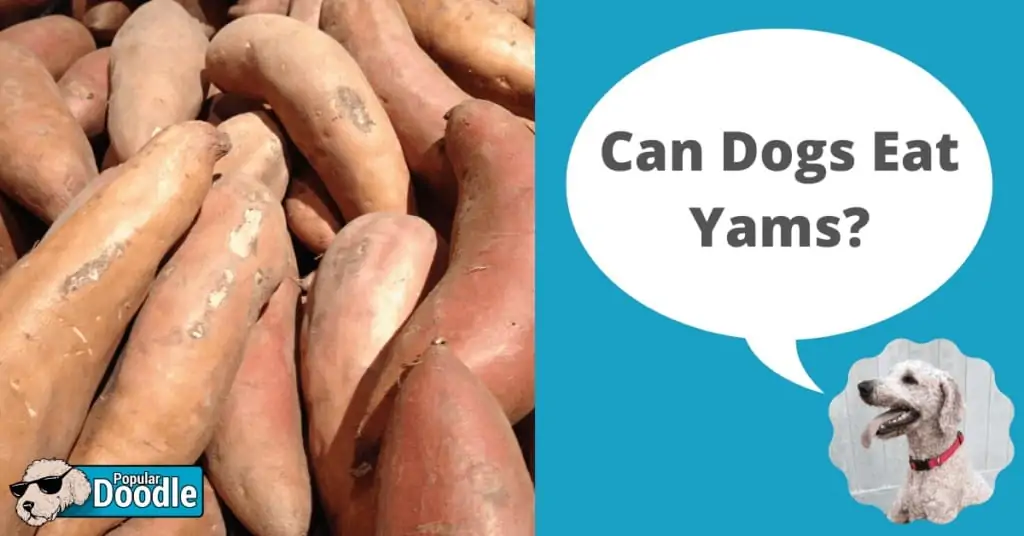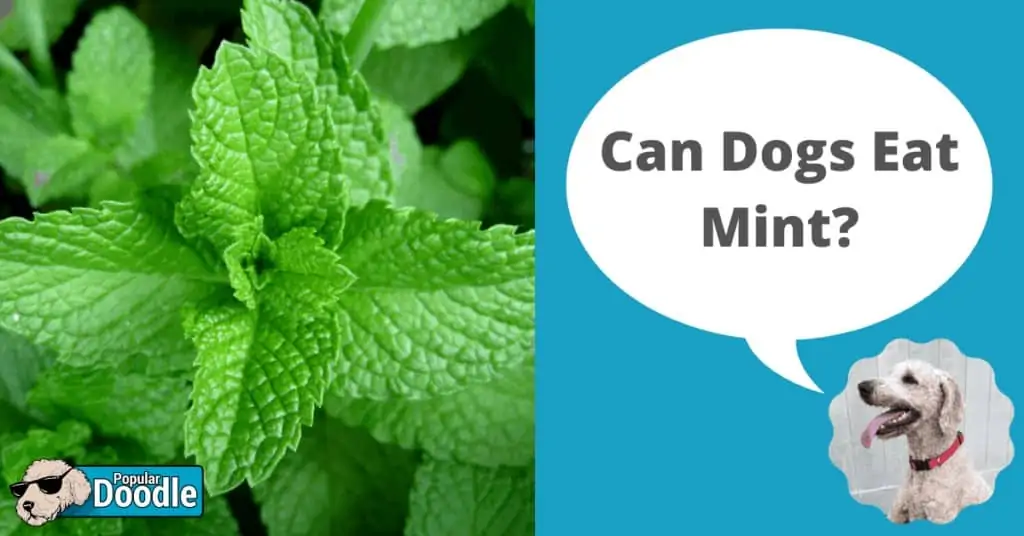
Second to peppercorn as America’s most popular spice and second to ketchup as America’s most popular condiment, mustard is a fixture in most households. How couldn’t it be? There’s tons of different varieties and so many different ways to use mustard! Yellow mustard, honey mustard, and dijon mustard are just a few examples. The options are endless! If humans can incorporate mustard into so many recipes, why should we leave our dogs out of the fun? As a responsible dog owner, there are a few questions you should ask first. Can dogs eat mustard? Is mustard bad for dogs?
Can Dogs Eat Mustard? (The Short Answer)
No, in most cases dogs can not eat mustard. In some forms, such as mustard greens, it is safe for dogs, while others forms can be dangerous. Mustard greens are acceptable for dogs if they’re cooked properly, but other forms of mustard, such as the seeds and products of the seeds, are not. Mustard seed is considered toxic to dogs, as it can cause gastroenteritis which results in vomiting and diarrhea. In small quantities, dogs should be just fine if they accidentally eat some mustard. However, it’s not advisable to purposefully give dogs any mustard unless it’s the steamed, leafy greens of the plant.
It’s important to remember, that even with the best of intentions, accidents happen and dogs can easily eat things they shouldn’t. Unfortunately, even if those accidents aren’t fatal, they can result in huge, unexpected veterinary expenses. That’s why we recommend all responsible dog owners get a free, online pet insurance quote from Healthy Paws.
Is Mustard Good For Dogs?
We’ve already answered the question, “can dogs eat mustard?” Now, let’s learn about the benefits of feeding your dog this food! Is mustard good for dogs?
No, mustard isn’t good for dogs. The one exception to this is the mustard greens. The leafy, green part of the mustard plant can be rather nutritious and safe for our four-legged friends if they’re cooked properly. All other parts can be harmful and without much nutritional value.
Small amounts of mustard shouldn’t be a huge problem, but it can potentially cause some harsh negative outcomes. For that reason it’s best to steer clear of giving your dog mustard at all. Even if you could safely give your dog mustard, there aren’t many real health benefits that would warrant it being a part of your dog’s meals. Mustard has only three calories and 0.2 grams of fat per teaspoon. These numbers make it seem fairly healthy. However, there is also 57 mg of sodium and only 0.2 grams of protein and fiber in that same teaspoon. Additionally, the only vitamin or mineral that is in mustard is potassium. This goes to show that mustard simply isn’t a substantial food. It’s always best to feed dogs healthy, wholesome treats that offer some nutritional benefit while also providing a great taste. While mustard might have the taste part, it doesn’t have the nutritional content that you want to look for when finding new foods to feed your pup.
On the other hand, the mustard greens do offer some health benefits to pups! Like most other leafy, green plants, these offer fiber and vitamins with few calories or fat! In about a cup of mustard greens there are two grams of fiber, 40 mg of vitamin C, and 144 mcg of vitamin K! Lumped in with all of these nutrients are only 15 calories and 0.2 grams of fat. Fiber is important in regulating a dog’s digestive system and is super important. It has been shown to decrease the risk of developing certain types of cancer! Vitamins are just as important! Although they’re only needed in small quantities, without them the body would not be able to function properly. For example, vitamin C is an antioxidant that can help defend the body from potentially harmful free radicals. Vitamin C also plays a factor in reducing inflammation—this can be especially helpful for dogs with arthritis. Vitamin K is important too, as it enables the blood to clot properly. Inhibition of vitamin K is used in rat poisons because it stops blood from being able to clot—this can quickly lead to hemorrhage and death.
Is Mustard Bad for Dogs?
We’ve already answered the question, “can dogs eat mustard?” Now, let’s learn about the dangers of feeding your dog this food! Is mustard bad for dogs?
Yes, mustard is bad for dogs! With hardly any valuable nutritional content, this spice can be potentially harmful to dogs. Mustard seeds are, in fact, toxic to our furry friends and can cause mild to severe gastrointestinal disruption.
As previously mentioned, mustard just doesn’t have much nutritional value. While it may be low in calories, it also doesn’t offer many useful nutrients such as protein, fiber, etc.
Yellow mustard is made by mixing mustard seeds with a variety of other ingredients that are eventually ground up and mixed so well together so well that it creates a paste-like texture. Mustard seeds contain a compound that is somewhat toxic to dogs. It can cause gastroenteritis, which is an inflammation of the stomach and the intestinal tract. This can manifest itself in symptoms such as abdominal pain, vomiting, and diarrhea. Gastroenteritis isn’t usually fatal, but it causes a lot of unpleasant symptoms that you and your dog would much rather avoid. In some situations, veterinarians actually use mustard to induce vomiting in pups that ate something that they shouldn’t have.
Most, if not all, store-bought mustards don’t just contain mustard seeds, but many other spices mixed in. This could include paprika, salt, sugar, or garlic powder. Some of these are harmful to dogs and some are even toxic.
As a general rule of thumb, spices usually aren’t the best options to give to your pets because, more often than not, they don’t mesh well with your dog’s gastrointestinal tract. Although commonly thought of in its popular condiment form that pairs with ketchup, mustard is, in fact, a spice.
If your dog happens to lick a drop of mustard off the floor, it’s likely that they won’t experience any negative symptoms. Small amounts shouldn’t have too many side effects. However, you should monitor them and if they do start showing signs of gastrointestinal distress, you should contact a veterinarian promptly.
Other Varieties & Related Foods:
Can Dogs Eat Mustard Greens?
Yes, once they have been cooked, dogs can eat mustard greens. Mustard greens are the leaves of the mustard plant—a cruciferous plant similar to kale, Brussels sprouts, broccoli, or cauliflower. The best way to prepare mustard greens for your dog is by steaming them until they’re soft and not adding any seasonings. Mustard greens aren’t just edible by pups, but they’re pretty healthy too!
Can Dogs Eat Honey Mustard?
No, dogs can not eat honey mustard! This sweet and tangy sauce contains mustard seeds which are toxic to pups.
Can Dogs Eat Yellow Mustard?
No, dogs cannot eat yellow mustard. Yellow mustard is made from mustard seeds and toxicity of these seeds can cause major gastrointestinal distress for your dog.
Are Sardines in Mustard Sauce Safe for Your Pup?
No, dogs cannot eat sardines in mustard sauce for a variety of reasons! Mustard is potentially toxic and sardines suffer from many of the dangers that prevent dogs from being able to eat Tuna Fish.
In Conclusion: Can Dogs Eat Mustard?
Yes and no. Dogs can have mustard greens, but dogs can not have other mustard products, including seeds and sauces! The mustard greens are the leafy, green part of the plant itself which contain fiber and vitamins without compromising calorie and fat intake. While this part of the plant may be healthy, other parts are not. If only a small amount is eaten your pup should be fine, but too much more than that can cause unpleasant diarrhea and vomiting.
Want to Learn More?
Check out these related articles from our “Read Before You Feed” series for more advice on safe foods for dogs!
- Can Dogs Eat Pizza Crust?
- Can Dogs Eat Jello?
- Can Dogs Eat Chestnuts?
- Can Dogs Eat Cheez Its?
- Can Dogs Eat Crackers?
Disclaimer: We are not veterinarians and this article should not be taken as medical or veterinary advice. If you have any questions about your pet’s health or dietary needs, please contact your local veterinarian.









